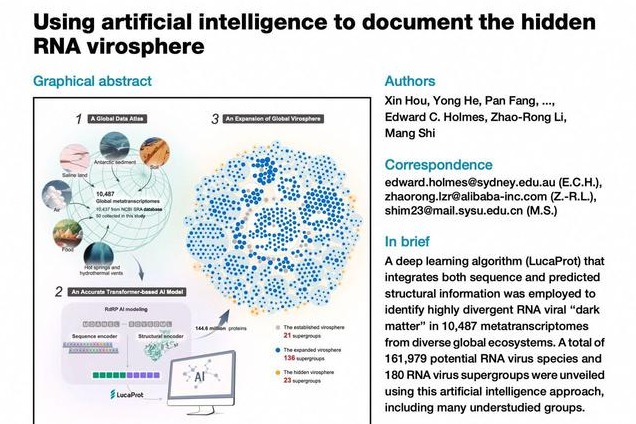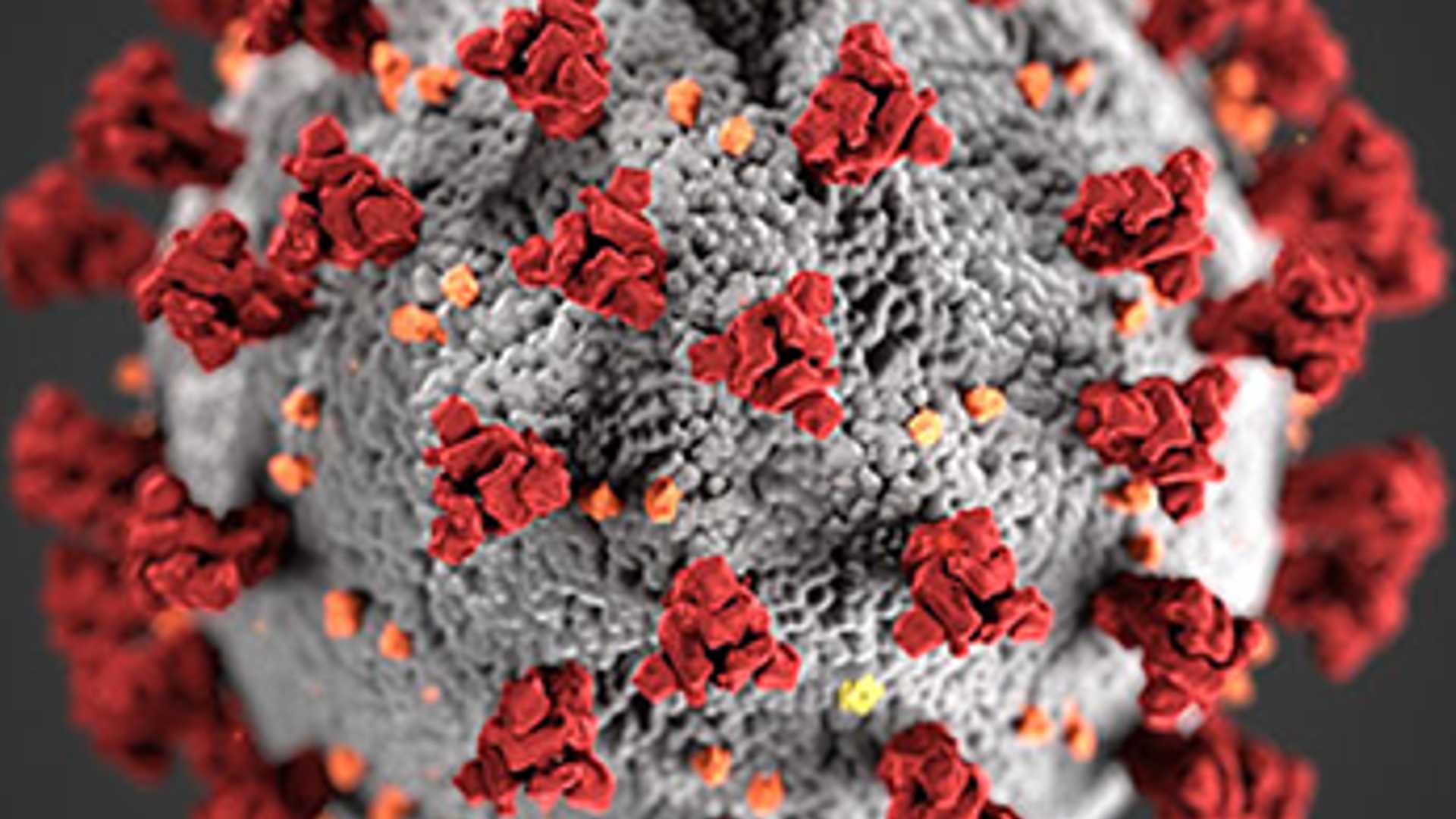More than 70,500 new RNA viruses have been discovered using Artificial Intelligence (AI)
Researchers at Zhongshan University in China have made a groundbreaking discovery in virology with the help of artificial intelligence. They have identified over 70,500 new RNA viruses, including a novel virus that differs significantly from previously known viruses. This achievement was made possible through a revolutionary technology that utilizes AI to collect and analyze genetic data without the need for culturing the virus.
The findings of this research were recently published in the prestigious international journal Cell, highlighting the significance of this discovery in the field of virology. The research team developed an advanced AI model named "LucaProt" to facilitate the sequencing and protein prediction process. Additionally, they utilized a cutting-edge protein prediction AI known as "ESM Fold," which was developed by Meta researchers.

Discoveries and Implications
Through their innovative approach, the researchers were able to identify a staggering 160,000 RNA viruses, including those inhabiting extreme environments such as salt lakes. Remarkably, approximately half of these viruses were previously unknown to the scientific community, underscoring the vast diversity of RNA viruses that exist in nature.
Despite the monumental progress made in virus discovery, the researchers encountered a unique challenge with the identification of one virus which could not be linked to a specific host organism. Dr. Jackie Mahar of Australia's CSIRO described this as a valuable strategy for expanding our understanding of viral ecology.

Significance of the Study
This study represents a significant step forward in uncovering the "dark matter" of viruses, a term used to describe the vast number of undiscovered viruses that populate our planet. Viruses play a crucial role in ecosystems by infecting a wide range of living organisms such as animals, plants, and bacteria. However, only a fraction of these viruses have been identified to date.
Artem Babyan, a computer virologist at the University of Toronto, emphasized the importance of ongoing research in virology, stating, "There are countless viruses that have not yet been discovered, and some of them may possess the potential to cause diseases in humans."

By harnessing the power of artificial intelligence, researchers have unlocked a new frontier in virus discovery, paving the way for future breakthroughs in understanding and combating viral infections.










